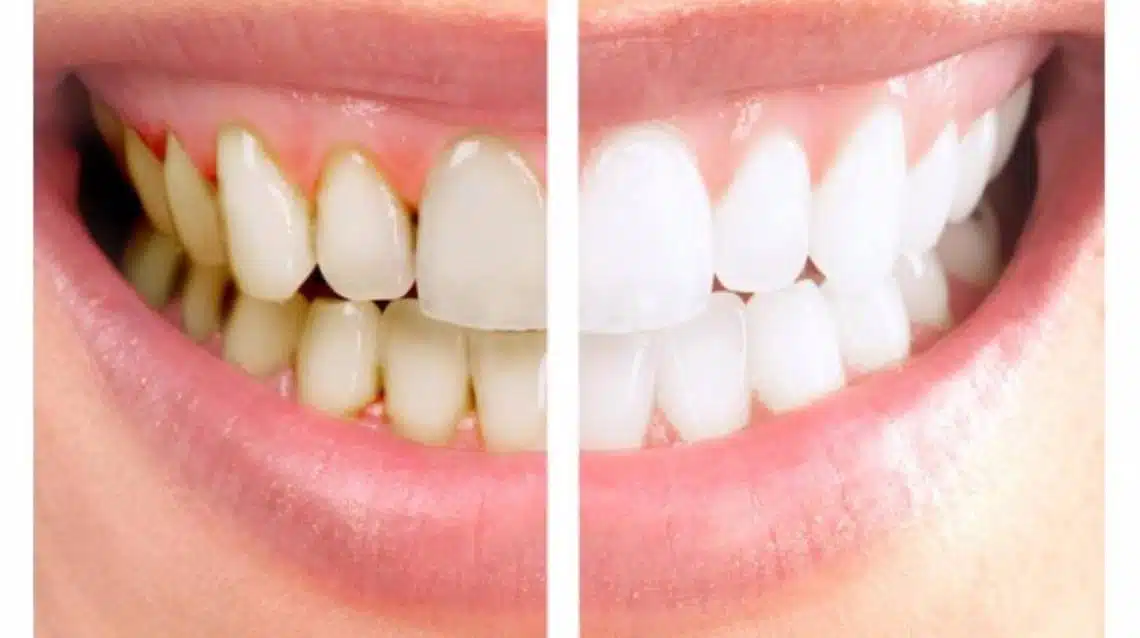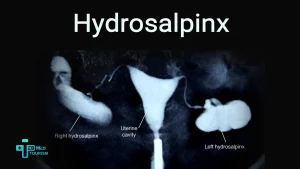Dental scaling is routinely performed to help patients with gum disease and excessive plaque buildup. While a standard cleaning will address the surface of the tooth, scaling goes much deeper. If your dentist suggests dental scaling and root planning for your teeth, it’s helpful to know what this means so you can prepare for what’s ahead.
Scaling and Root Planing
Scaling and root planning is a deep cleaning below the gumline used to treat gum disease.
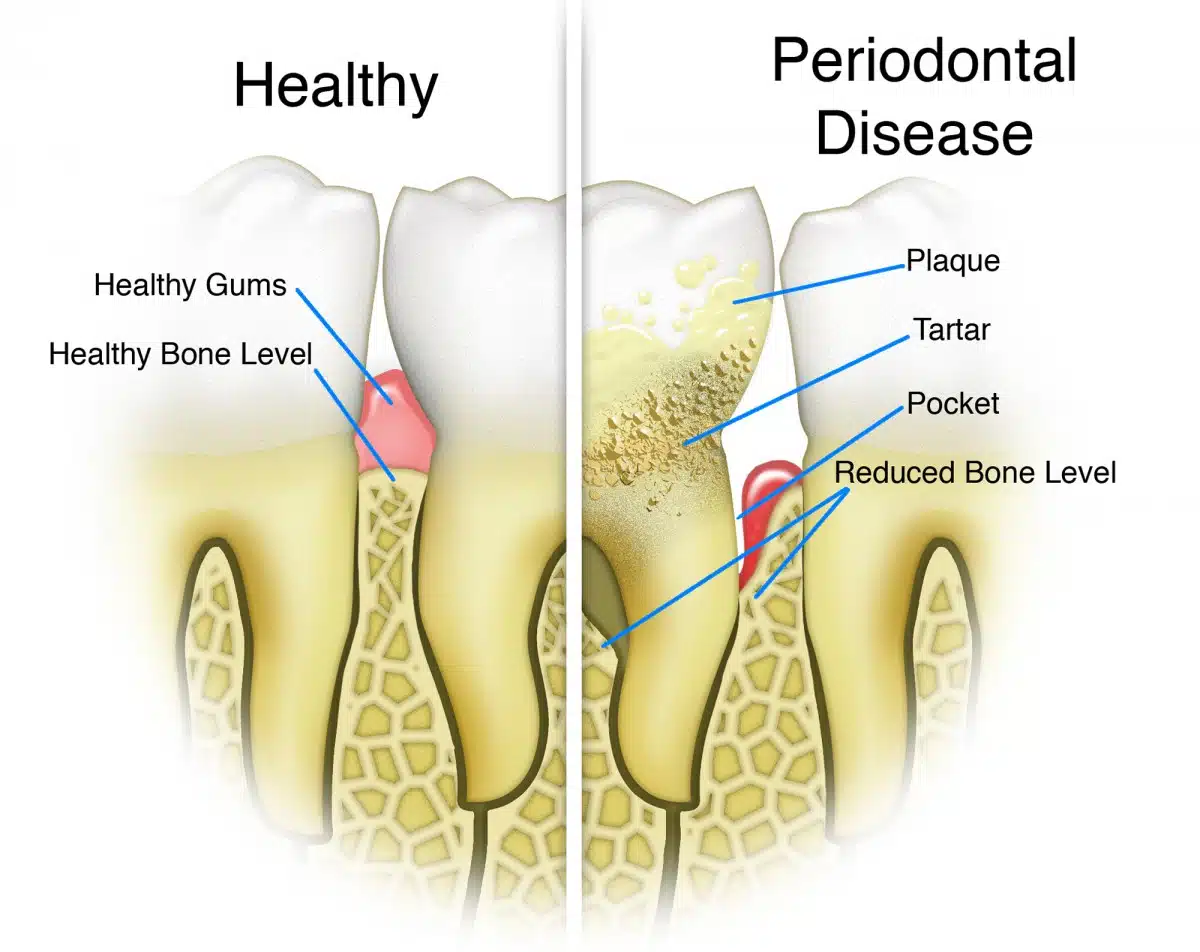
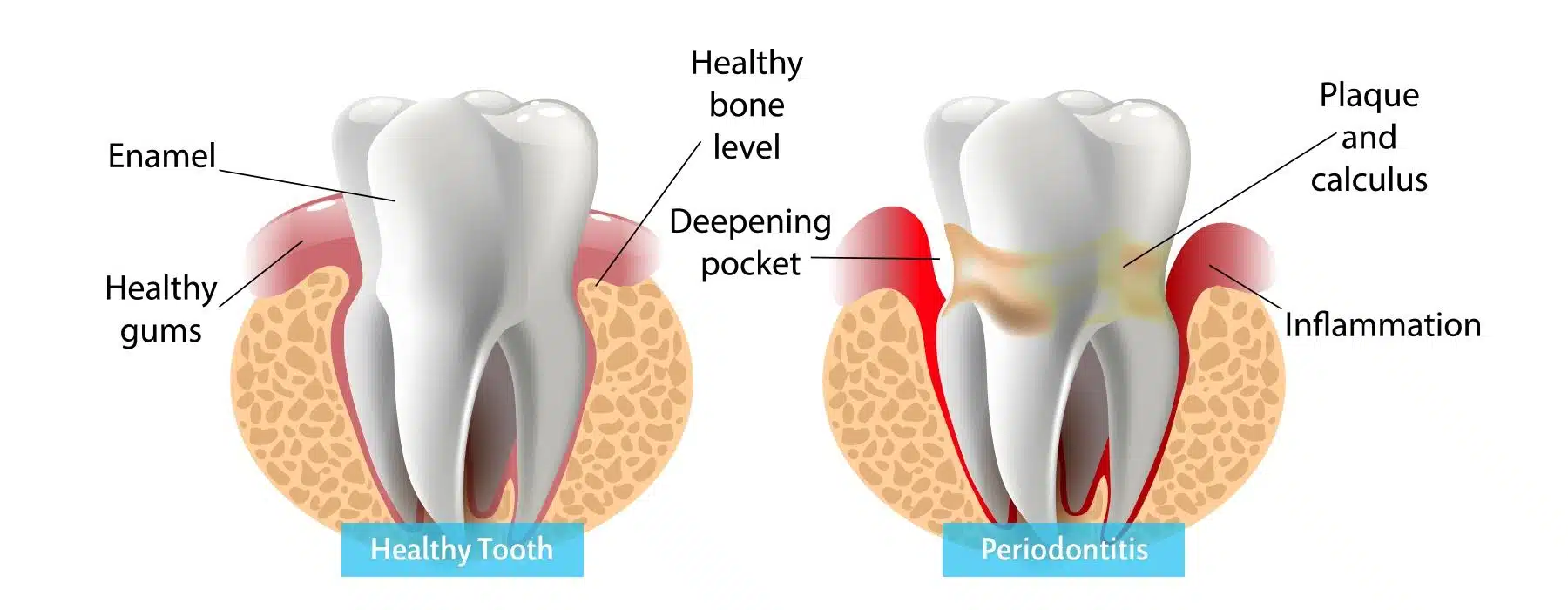
Why Do I Need It?
Gum disease is caused by a sticky film of bacteria called plaque. Plaque is always forming on your teeth, but if they aren’t cleaned well, the bacteria in plaque can cause your gums to become inflamed. When this happens, your gums will pull away from your teeth and form spaces called pockets. Plaque then gets trapped in these pockets and cannot be removed with regular brushing. If untreated, gum disease could lead to bone and tooth loss.
What Happens During Scaling and Root Planing?
This deep cleaning has two parts. Scaling is when your dentist removes all the plaque and tartar (hardened plaque) above and below the gum line, making sure to clean all the way down to the bottom of the pocket. Your dentist will then begin root planning, smoothing out your teeth roots to help your gums reattach to your teeth. Scaling and root planning may take more than one visit to complete and may require a local anesthetic.
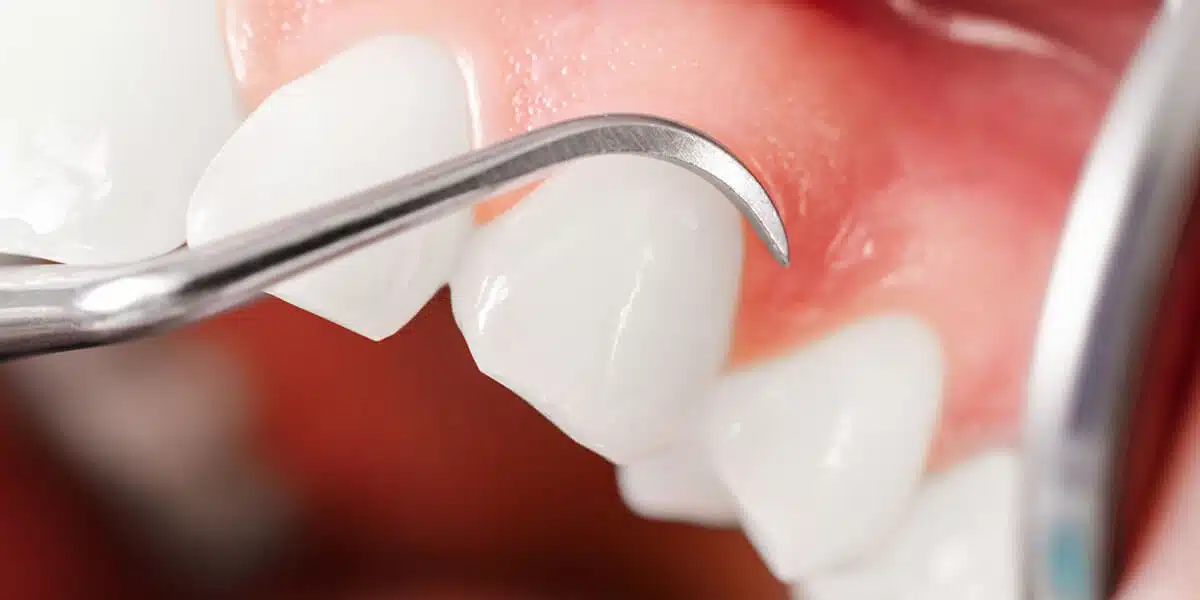
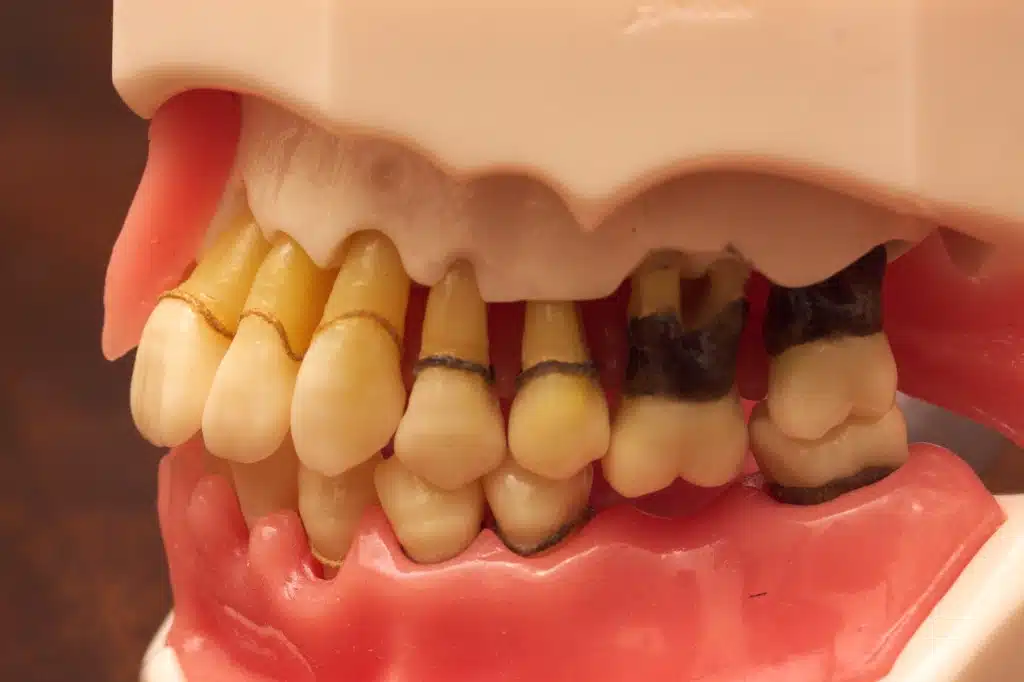
What Does Scaling Feel Like?
Dental scaling can be uncomfortable, particularly if you have sensitive gums. Your dentist may offer a local anesthetic to numb your gum tissue and make the procedure more comfortable. Speak with your dental care provider about your options for desensitizing the area if you’re concerned about pain or discomfort during the process. Dental scaling can take several visits, each one addressing a different portion of the mouth. Some dentists divide the mouth into four quadrants, while others will perform dental scaling in two halves. If you’re nervous about the process, ask your dentist if you can schedule your scaling for a single visit. Though this isn’t an option for all cases, it may be available if you have only moderate gum disease and are willing to sit for a lengthy procedure.
When Is Dental Scaling Necessary?
Everyone experiences some form of plaque buildup. The saliva, bacteria, and proteins in your mouth form a thin layer that covers your teeth at almost all times. When you eat, tiny particles, acids, and sugars from the food stick to this film, creating a buildup on the teeth known as plaque. The bacteria that live in this plaque can cause gum disease and tooth decay. Brushing, flossing, and regular dental cleanings will help remove the plaque and prevent more serious problems. If you have healthy gums, the tissue will fit tightly around the tooth and keep plaque out. However, if gum disease begins to form, this tissue will loosen. Healthy gums attach to the tooth just 1 to 3 millimeters below the gumline. With gum disease, you’ll begin to develop deeper pockets. These can fill with plaque, worsening your problems and causing symptoms like bad breath. If you have pockets of 4 millimeters or more, your dentist will probably recommend dental scaling to remove the plaque beneath the gumline and help treat the gum disease.
After Care Tips
After a deep cleaning, you may have pain for a day or two and teeth sensitivity for up to a week. Your gums also may be swollen, feel tender and bleed. To prevent infection, control pain or help you heal, your dentist may prescribe a pill or mouth rinse. Your dentist may also insert medication (sub-antimicrobial-dose doxycycline) directly into the pocket that was cleaned. Your dentist will schedule another visit to see how your gums have healed and measured the depth of your pockets. If they have gotten deeper, more treatment may be needed. Good dental care at home is essential to help keep gum disease from becoming more serious or recurring. Brush your teeth twice a day with a soft brush, clean between your teeth daily, eat a balanced diet, avoid using tobacco and see your dentist regularly.







